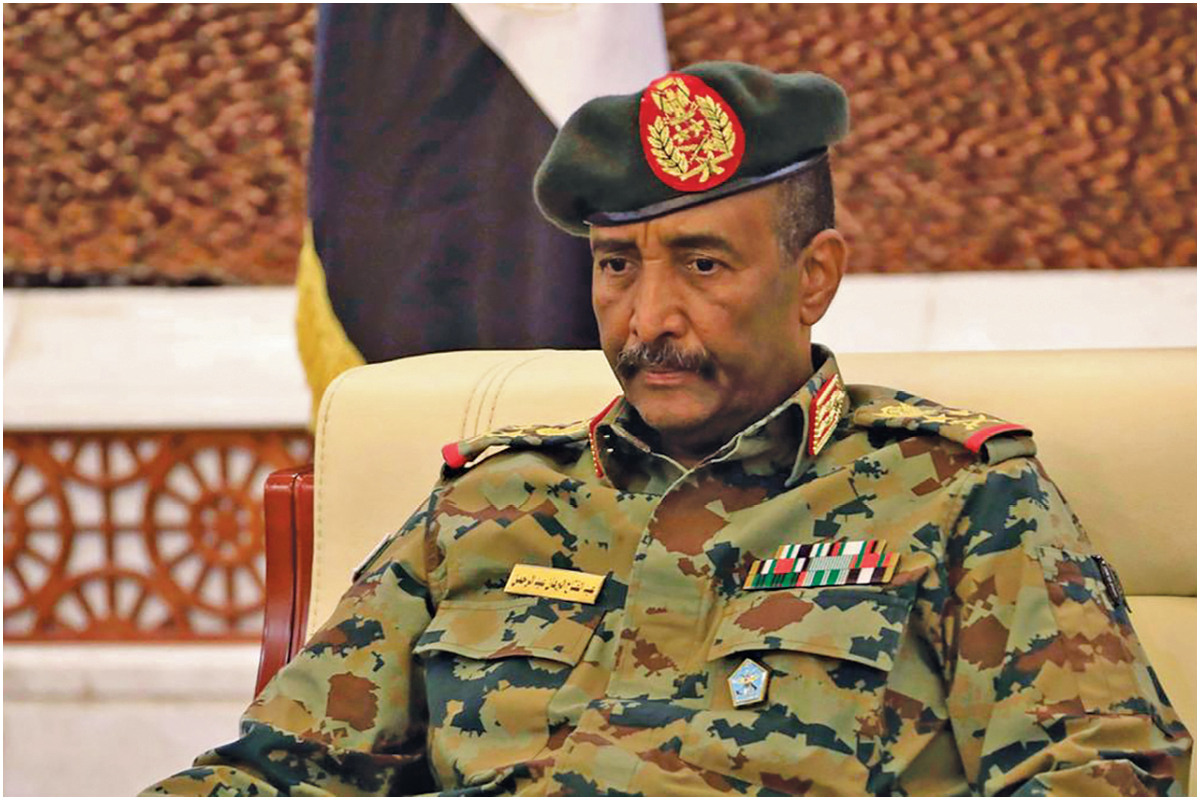
When democracy will return in Sudan?
Al-Burhan expresses confidence the political scene would witness a breakthrough soon
Are there any signs of a breakthrough in the political crisis in Sudan? Answer to this question is still ambiguous, as most of the political analysts are confused about the true intentions of the ruling military alliance, but this North African country’s Chairman of the Transitional Sovereign Council, Abdel Fattah Al-Burhan, is of different opinion and he has recently expressed his confidence that the political scene would witness a breakthrough in the coming days.
Similarly, Volker Perthes, Special Representative of the United Nations Secretary-General in Sudan, is also not sure about the restoration of democracy and normalcy in the country in the near future: “The overall situation will continue to worsen unless a political situation is found to restore a credible, fully functioning civilian-led government… Any viable solution will only be made and owned by the Sudanese and they have to find it together.”
Perthes is absolutely right in his assessment of the situation. Exactly one year ago on October 25, 2021, the military takeover put an end to the fragile democratic transition, since then the country finds itself continuously sinking deeper into a political crisis between the coup alliance, which has not yet been able to consolidate authority, and the democratic civilian movement.
After seizing the power, Abdel Fattah Al-Burhan, the coup leader, loudly claimed that he would invite technocrats to join the Cabinet to rectify the situation and manage the country until elections in 2023. Yet one year down the road, he is unable to deliver on these claims.
The fact is that last one year has seen further deterioration of micro and macro-economic indicators. With a serious economic crisis, Sudan is suffering from a broad international insolation as fears of greater instability mount. High levels of violence and insecurity, particularly in the periphery, the country is fast sliding towards anarchy. By resorting to harsh crackdown and blatant use of violence, the junta has been trying to crush a broad and sustained popular opposition. But the resistance is growing with each passing day.
In last July, Burhan announced that the armed forces were planning to withdraw from the political scene, but this manoeuvre inversely infuriated the civilian leadership. Because of generals’ incessant desire to stick to power is the key stumbling block that has so far kept all the proposals and power-sharing formulas from reaching some sort of consensus among all the stakeholders.
There is a realisation among the military’s top brass that coup was a mistake, and they want some kind of face-saving as well as share in the future set up — and this is the trickiest part of the whole game. Last month, as the anniversary of the coup approached, there had been speculation about a possible deal between the Forces for Freedom and Change-Central Council (FCC-CC), which includes part of the civilian coalition that co-led the transition until the coup, and the coup generals. But this did not materialise. On April 11, 2019, Al-Bashir and his government were overthrown in a military coup led by his first vice president and defence minister, who then established the now ruling military junta. The next day Auf handed power to Lt-General Abdel Fattah Abdelrahman Burhan. Sudan’s Sovereign Council, the military-civilian body that is the highest power in the transitional government, has been ruling Sudan since the fall of Omar Al-Bashir.
A tripartite mechanism — the United Nations, African Union and the Intergovernmental Authority on Development — is tasked with facilitating intra-Sudanese. But so far this tripartite mechanism, despite intensive round of direct and indirect negotiations with all the key players, has not been able to find a viable formula acceptable to all. The military element of the civilian-military coalition, which initially had taken up the assignment to transform the political structure of Sudan from its autocratic past to a more democratic future, has grabbed all the levers of power in the country.
The perpetrators of the coup justified their actions with claims that infighting among civilian elements of the transition endangered the stability of the country. But after the passage of twelve months, it is more apparent than ever that the military junta is not serious about the implementation of its self-defined mandate. They are manoeuvring to protect their bases and to avoid accountability for their crimes, and to enrich their own narrow clique.
Economically, Sudan is reeling without any solace. The coup and subsequent consolidation of power in the in the hands of armed forces, has caused serious disruption of international assistance for Sudan. The stalled move towards economic recovery and freezing efforts to unravel illegitimate financial deals that suckered the national treasury have further added to the miseries of the Sudanese people. The global economic dislocations associated with Russia’s invasion of Ukraine have multiplied economic hardship of Sudan many folds.
Within the security realm, rather than establishing order, the securocrats have ignited multiple conflicts with their own infighting and jockeying for position. Tensions and distrust between the military and the Rapid Support Forces (RSF) have proved a recipe for instability, and 2022 has seen new waves of violence in the Darfur, Abyei, and Blue Nile regions. As self-proclaimed “guardians” of the state, these forces are abject failures and are not ready to take the responsibility of their misadventure that has catapulted the country to the path of instability and uncertainty.
Indubitably, the political impasse of Sudan is extremely complicated, but still it has enough hope for a reverse gear towards normalcy. The tenacity and courage of the Sudanese people, who continue to protest against the military junta and are bravely resisting stringent restrictions on their civil and political rights, is corroborating the fact that an alternate trajectory for the country is not far away.
Sudanese people, including resistance committees and the Sudanese Bar Association, have also been striving hard to chalk out an inclusive, practical and amicable power-sharing equation for a civilian-led set-up. The process has been contentious, but it has made some tangible progress and we may see a breakthrough in the protracted political crisis in the coming days.
The Trilateral Mechanism and the pressure from the international community is playing its role in articulating a political deal that is acceptable for most of the stakeholders. The agreement should aim to bring the widest possible consensus among Sudanese stakeholders, otherwise the intrinsic fragility and fractionated political spectrum of Sudan has all the ingredients for another round of violent political upheaval.
But Sudanese people are pinning their hopes on the Tripartite Mechanism find common grounds ways to get together around a consensus for a draft constitutional framework. The Trilateral Mechanism is expected to facilitate an eventual agreement between the military and the broadest possible civilian bloc in the coming days.
Catch all the The Globe News, Breaking News Event and Latest News Updates on The BOL News
Download The BOL News App to get the Daily News Update & Live News.





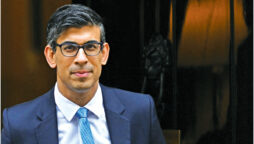
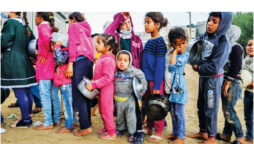
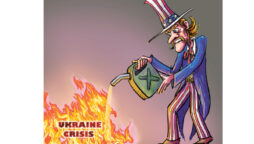
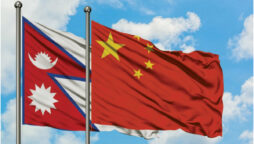
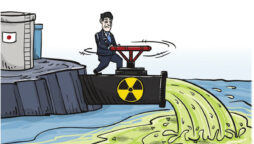

 Read the complete story text.
Read the complete story text. Listen to audio of the story.
Listen to audio of the story.